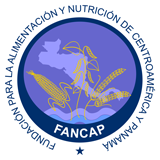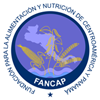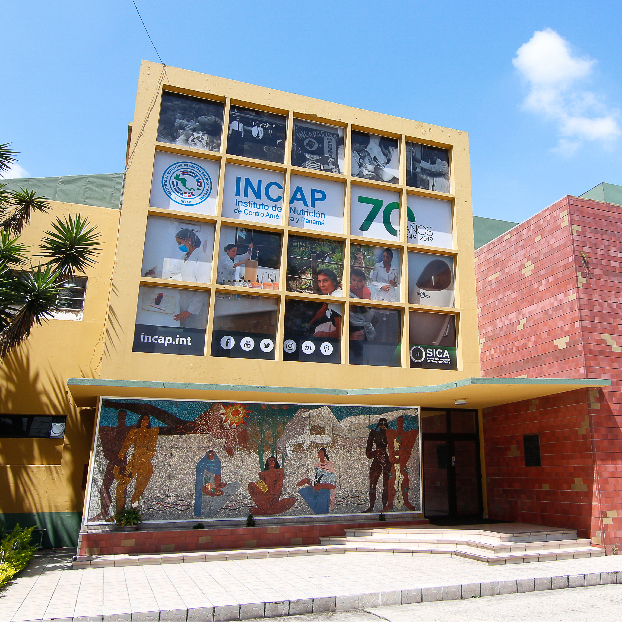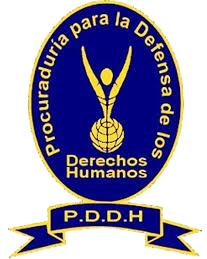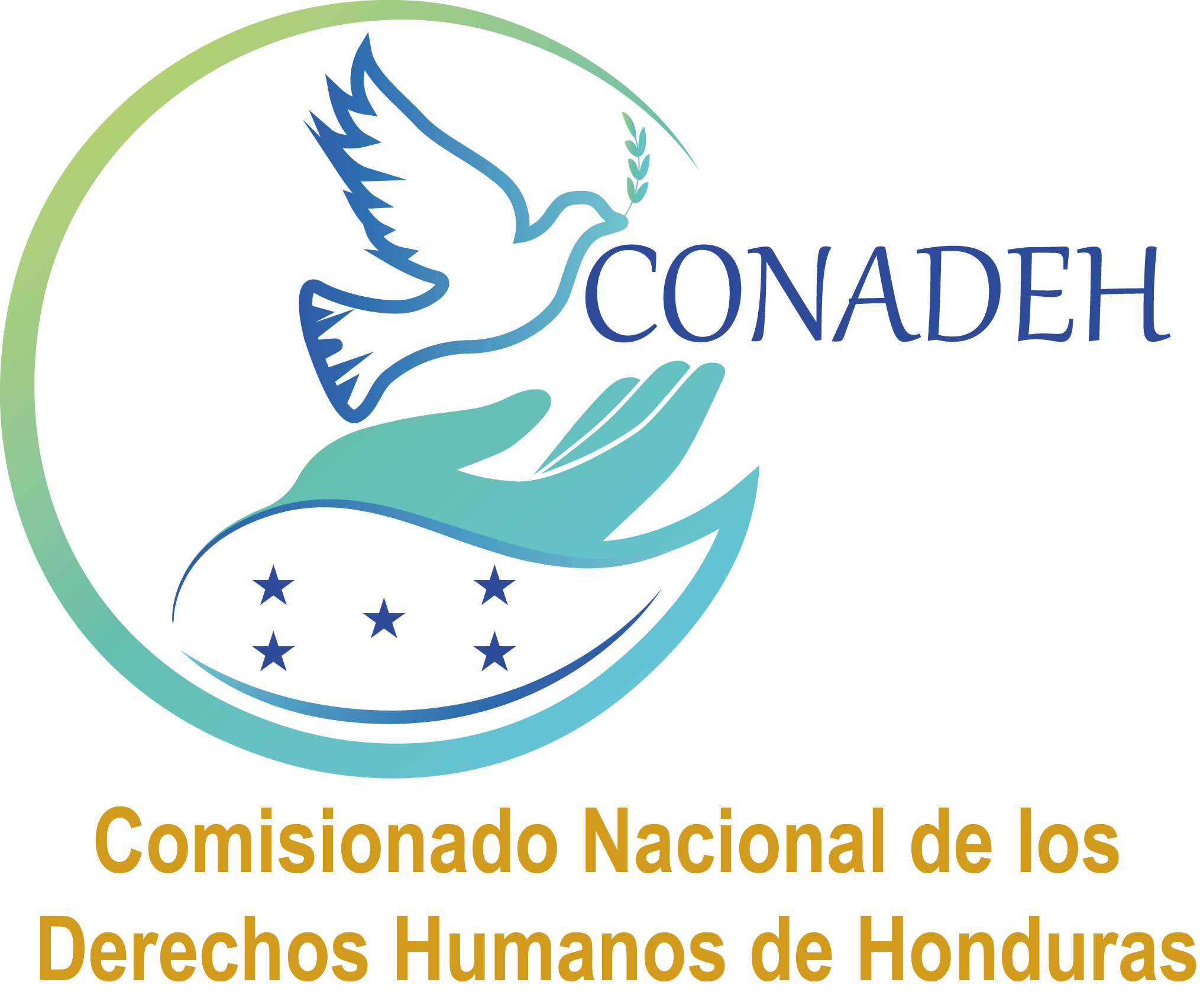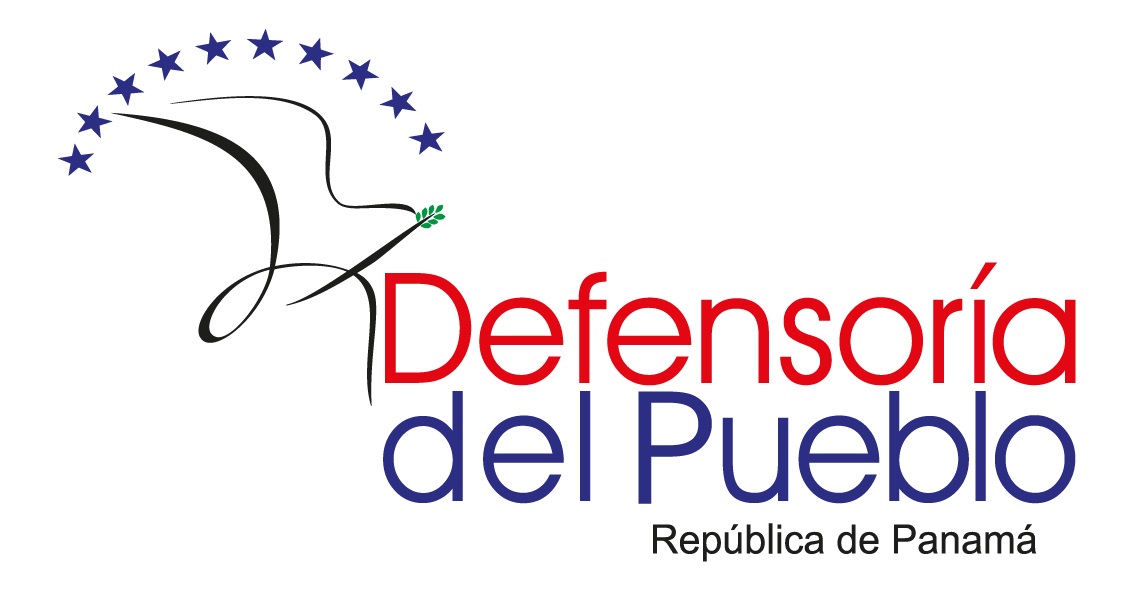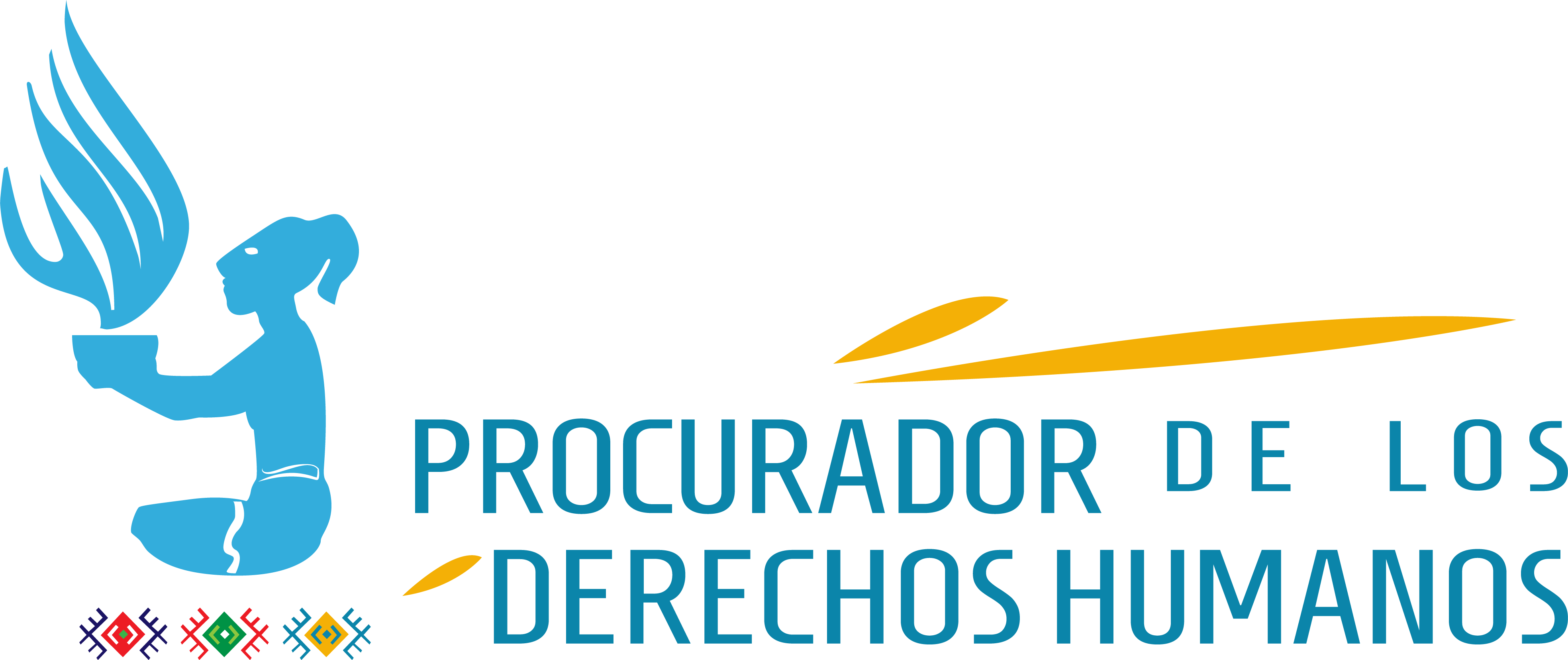
Instituto de Nutrición de Centro América y Panamá – INCAP-
INCAP (Nutrition Institute of Central America and Panama) is an international organization founded in 1949 as an initiative of the Governments of the subregion and PAHO/WHO, which aims to promote food and nutrition security and help solve food, nutrition and health problems in their member countries.
Within the INCAP Basic Agreement it was established that the organization was able to receive financial resources through FANCAP, to give effect to the herein article. INCAP signed a Cooperation Agreement to establish the terms and conditions that will govern the cooperation relations between the two institutions for the fulfillment of their respective objectives.
The signed agreement is effective up to 2025 and includes the responsibilities of each party in its relationship and allows FANCAP to offer the following services through INCAP:
- Design, development, monitoring and evaluation of programs; as well as food, nutrition and health projects.
- Transfer of technologies and methodologies for the promotion of health and food as well as nutrition security.
- Education and training of human resources in the areas of food, nutrition and health.
- Community education to promote healthy lifestyles related to eating.
- Strengthen institutional capacity in the formulation, implementation and evaluation of food-nutritional projects.
- Support for nutritional food planning at the policy, plan, program and project level.

United States Agency for International Development / President’s Emergency Plan for HIV/AIDS Relief of the United States Government USAID / PEPFAR
The President’s Emergency Plan for the Relief of HIV / AIDS (PEPFAR) of the United States Government, which began as an emergency response in a first phase developed between the years 2003-2007, it evolved into a second phase of sustainability in 2008 to 2012 and as of 2013; now, it has entered a third phase having as its main focus the sustainable control of epidemics with an investment of more than $ 85 billion in the global response to HIV / AIDS, saving more than 18 million lives through transparent, cost-effective and responsible investments with the population.
Starting in 2018, USAID-PEPFAR initiated a transition strategy to incorporate local partners into the implementation of HIV projects; with the prupose of promoting the appropriation and sustainability of the response in the region. The projects implemented so far, by international organizations, are in the process of transitioning to local partners; and as part of this process, USAID has selected local partners for project execution within the framework of PEPFAR. In the same line, in 2020, USAID signed an agreement with FANCAP to support strategies that strengthen national policies to contain the HIV epidemic in Central America, through the implementation of the “Sustainable HIV Response in Central America” project.

Interinstitutional Collaboration Letter between the Foundation for Food and Nutrition of Central America and Panama (FANCAP) and the Ombudsman Office for the Defense of Human Rights of El Salvador (PDDH) and FANCAP:
With this letter, FANCAP is recognized as a strategic partner and sets out the terms and conditions governing the cooperation relationships between the PDDH and FANCAP for the fulfilment of the expected objectives of reducing stigma and discrimination of vulnerable and HIV-affected populations. The collaborative letter details the responsibilities of FANCAP and the PDDH in regards to the scope of the objectives. The letter is effective for 12 months, from September of 2020 and may be extended or modified by mutual consent of the parties, expressed in writing.
Inter-agency collaboration letter between the Foundation for Food and Nutrition of Central America and Panama (FANCAP) and the National Commissioner for Human Rights of Honduras (CONADEH)
This letter provides a general framework governing the cooperation relations between CONADEH and FANCAP to reduce the stigma and discrimination of vulnerable and HIV-affected populations. The collaboration letter describes the responsibilities of FANCAP and CONADEH to carry out the activities agreed in the work plan and which contribute to the fulfillment of defined objectives. The letter is effective for 12 months, from October 26th of 2020 and may be extended or modified by mutual consent between the Parties, expressed in writing.
Collaborative agreement with the Ombudsman’s Office of Panama
FANCAP established communication with the Ombudsman’s Office of Panama to establish an agreement between the two parties to take actions to reduce stigma and discrimination towards vulnerable and HIV-affected populations. These institutions agreed on the commitment of both parties during the process and approved a work plan detailing the activities to be carried out to meet the agreed objectives.
Letter of Understanding between the Foundation for Food and Nutrition of Central America and Panama (FANCAP) and the Ombudsman Office for Human Rights from Guatemala (PDH)
Following several meetings between the PDH and FANCAP, a letter of understanding was signed to develop the activities needed to achieve a virtual learning and human rights training process with the purpose of developing a training process of government institutions to contribute in the reduction of stigma and discrimination in regards to HIV. The letter details the phases to be carried out in this virtual training process by training staff from the Directorate of Promotion and Education of the PDH in a first phase. At a later stage, staff from the educative and training units of government institutions providing essential services to people living with HIV will be trained, with the objective of autonomously develop virtual training programmes for public officials.
